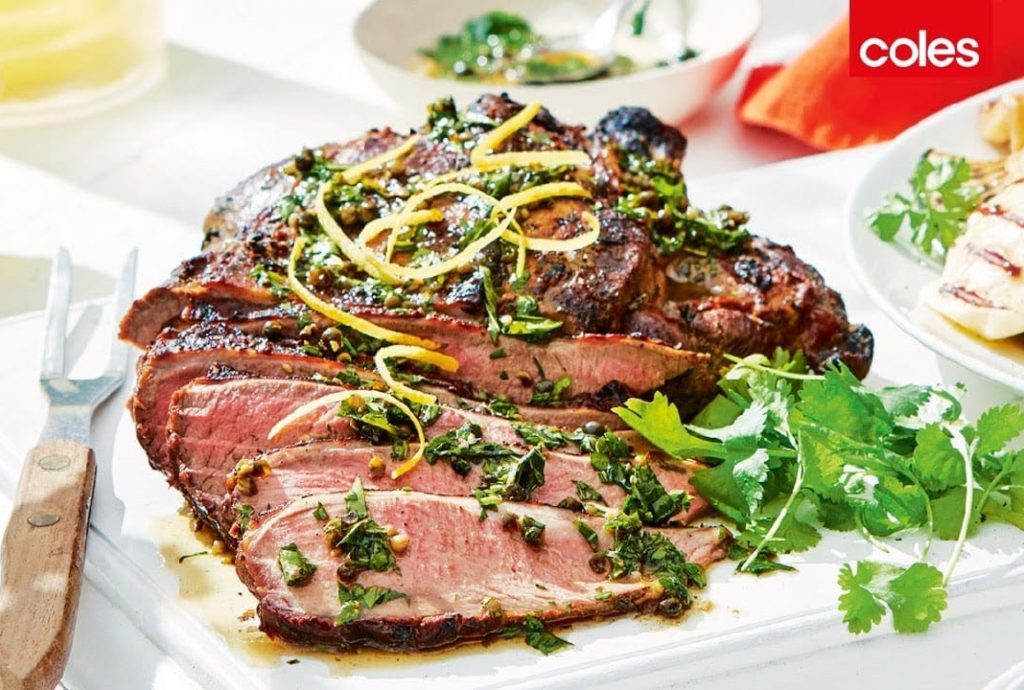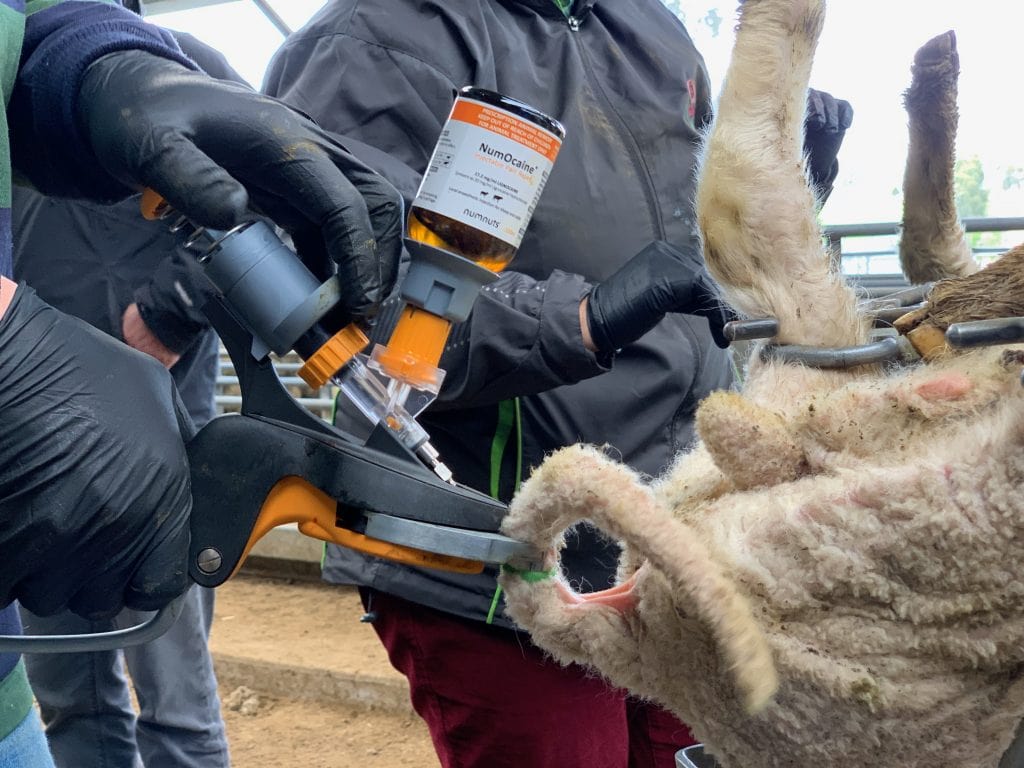In time, their policies are going to affect lamb marking practices
Recently, we highlighted the steps being taken by UK supermarket giant Tesco to ensure ethical farming processes along its protein supply chain.
As measures such as this will affect producers in coming years, so we took a look at how the policies of the Australian ‘big 2’, Woolworths and Coles, are being influenced by consumer expectations.

Benchmarks for Food Retailers
The prospect of change becomes clearer when we understand that pressure is also coming from the direction of the stock market in the growing area of ethical investment.
This is where the Business Benchmark on Farm Animal Welfare (BBFAW) comes in. You may not have heard of it, but the big brands certainly have, as its a grading system that ethical investors look towards.
The BBFAW analyses the farm animal welfare policies, management systems, reporting and performance of 150 of the world’s largest food companies. These companies are allocated to a grading tier from 1 to 6, where tier 1 is the highest.
- In 2020, Coles was on tier 3, which shows that the company has “Some evidence of implementation”.
- Woolworths Group was on tier 2, which defines companies where animal welfare is “Integral to Business Strategy”. Note that Tesco is also on tier 2.

Both Coles and Woolworths have achieved this by supporting the RSPCA’s Approved Farming Scheme, embedding welfare improvements in their supply chains and ensuring formal processes are in place to prioritise animal welfare.
What does this mean for lamb producers?
Given their enormous buying power, changes in supermarket purchasing policies will inevitably affect the lamb producers who sell to them.
When it comes to own brand lamb products, the policies state that lambs must have constant access to natural forage, with no antibiotics used in rearing, and humane slaughter practices used.

Woolworths has the more developed welfare policy, which states:
“Woolworths fresh lamb is 100% Australian. Only 20% of Woolworths’ lambs are sourced from accredited saleyards
with 80% sourced straight from the farm. No Woolworths lamb is mulesed.
All Woolworths lamb abattoirs are certified by the Australian Livestock Processing Industry Animal Welfare Certification System (AAWCS) administered by the Australian Meat Industry Council.”
Woolworths is certainly the one to watch, for their policy also states that:
“Woolworths Group is committed to eradicating the practice of routine mutilations and is working with suppliers to find alternatives.
Mutilations should only be undertaken to protect the welfare of the animals, and any procedures must be carried out by a trained and competent individual using the most humane techniques and recognised best practice with appropriate analgesia administered to minimise pain.”
The group shares the stipulation against mulesing with tier 1 UK supermarket Sainsbury’s, which purchases lamb from New Zealand.
Should lamb producers be concerned with this?
It can only be a matter of time before pain experienced during lamb marking has its turn in the spotlight and becomes as high profile as mulesing. When this happens, supermarkets will have little choice but to tighten welfare standards in the supply chain even further.
We encourage lamb producers to get ahead of the curve by utilising the best practices for husbandry sooner rather than later. Research into the pain levels experienced by lambs during marketing is growing, and Numnuts is currently up there as one of the most humane techniques available.

For more info
Read the animal welfare statements for the Woolworth Group and for Coles here.
UK supermarkets Sainsbury and Waitrose are both tier 1 and it’s likely that in time, the big 2 Australian supermarkets will also aspire to reach tier 1. Read more here about Waitrose’s welfare for sheep and lambs and Sainsbury’s policy.